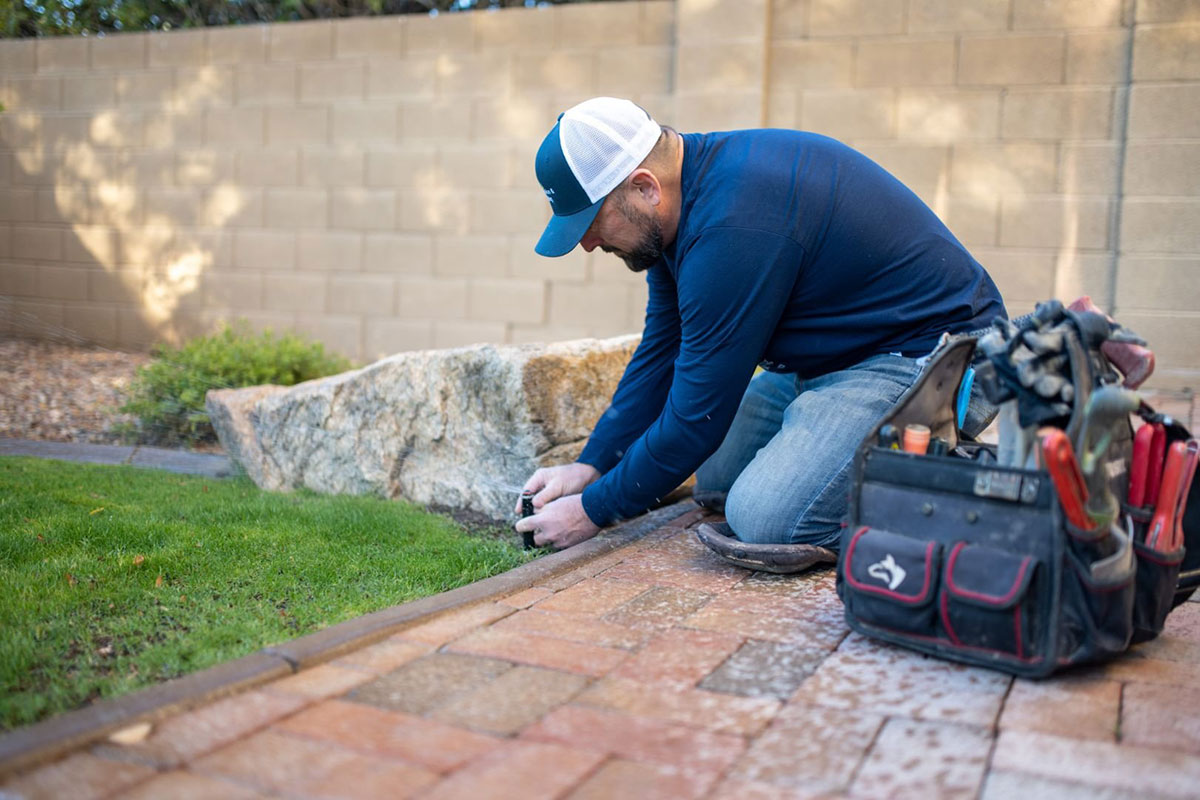Drip System Maintenance: Seasonal Checklist for Farmers

A well-maintained drip irrigation system saves water, prevents crop loss, and extends equipment life. This seasonal checklist helps farmers keep their systems running efficiently year-round.
🌱 Spring Startup: Pre-Planting Inspection
✅ Before the Growing Season Begins
Check for Winter Damage
- Inspect tubing for rodent bites, cracks, or UV degradation.
- Replace damaged sections with UV-resistant tubing.
Flush the System
- Open end caps and run water for 5-10 minutes to remove debris.
- Use a high-pressure nozzle for stubborn clogs.
Test Pressure & Flow
- Ensure 15-30 PSI at emitters (use a pressure gauge).
- Verify all emitters are working evenly.
Clean or Replace Filters
- Sand filters → Backflush with clean water.
- Screen filters → Soak in vinegar to dissolve mineral buildup.
Reconnect & Test Valves
- Check solenoid valves for proper opening/closing.
- Replace worn O-rings to prevent leaks.
☀️ Summer Upkeep: Mid-Season Care
✅ Monthly Maintenance Tasks
Monitor Emitters for Clogs
- Look for dry spots near plants.
- Soak clogged emitters in vinegar or CLR solution.
Inspect for Leaks
- Check joints, connectors, and tubing for drips or spray mist.
- Patch small holes with goof plugs.
Adjust for Crop Growth
- Move drip lines as plants expand (prevents root crowding).
- Increase watering time for fruiting crops (tomatoes, melons).
Clean Filters Again
- Every 2 weeks in sandy or dirty water conditions.
🍂 Fall Shutdown: Winter Preparation
✅ Before Freezing Temperatures Hit
Drain the System
- Blow out lines with compressed air (if below freezing).
- Remove end caps to let residual water escape.
Disconnect & Store Components
- Take out filters, regulators, and timers (store indoors).
- Coil above-ground tubing to prevent cracking.
Check for Wear & Tear
- Replace brittle or sun-damaged tubing.
- Note which emitters failed for spring replacement.
❄️ Winter Storage: Protecting Equipment
✅ Off-Season Care
Store in a Dry, Rodent-Free Area
- Keep tubing off concrete floors (prevents degradation).
Service Pumps & Controllers
- Replace worn diaphragms in pumps.
- Update smart controller firmware if applicable.
⚠️ Common Signs of System Failure
| Problem | Solution |
|---|---|
| Low pressure | Clean filters, check for leaks. |
| Uneven watering | Replace clogged emitters. |
| Leaking joints | Tighten or replace fittings. |
🛠️ Essential Maintenance Tools
- Pressure gauge – Checks system PSI.
- Goof plugs – Fixes holes in tubing.
- Hole punch – Adds new emitters.
- Vinegar/CLR – Dissolves mineral deposits.
📌 Pro Tips for Longevity
✔ Use pressure regulators (prevents burst lines).
✔ Install flush valves for easy cleaning.
✔ Keep records of repairs and replacements.
Final Thoughts
By following this seasonal checklist, farmers can:
✔ Prevent costly breakdowns
✔ Save thousands of gallons of water
✔ Extend system life by 5+ years
A little maintenance goes a long way in sustainable farming!
